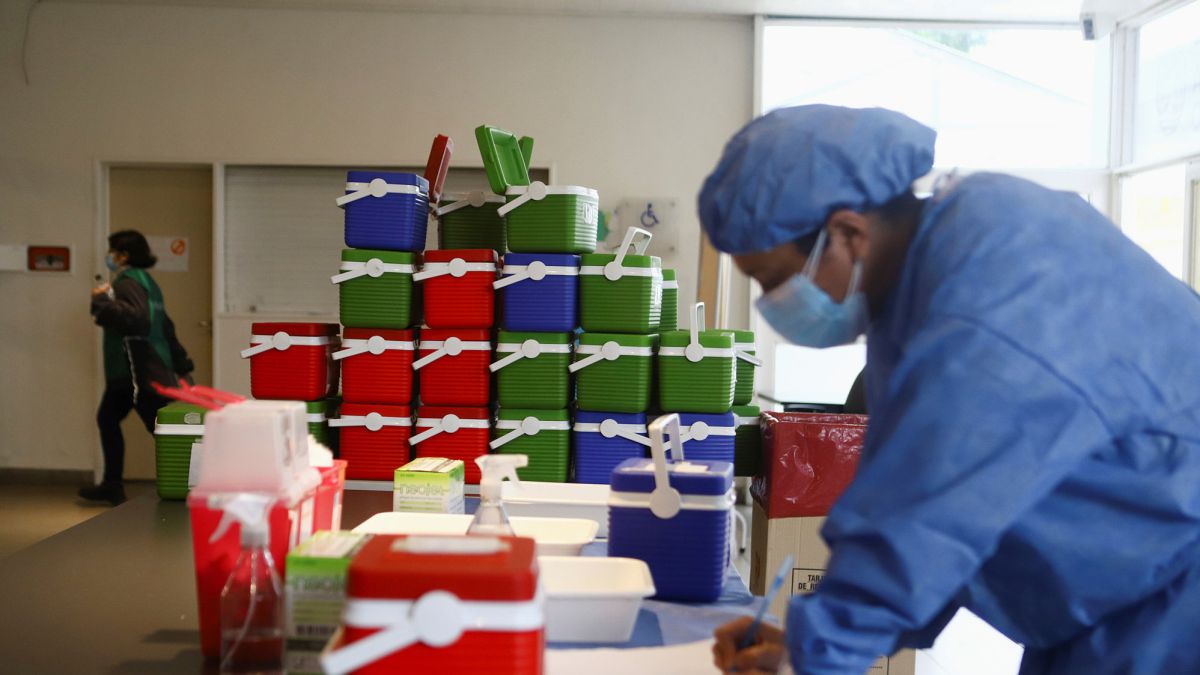COVID INFECTION MAY LEAD TO AUTOIMMUNE DISEASES
A study led by the University of Birmingham and funded by the UK Coronavirus Immunology Consortium has found that many COVID-19 patients produce immune responses against their own body tissues or organs.
COVID-19 has been associated with a number of unexpected symptomsboth at the time of infection and for many months afterward. The cause of these symptoms is not fully understood, but one possibility is that COVID-19 triggers an autoimmune process in which the immune system strays to attack itself.
The study, published this Friday in the journal ‘Clinical & Experimental Immunology‘investigated the frequency and types of common autoantibodies produced in 84 individuals who had severe COVID-19 at the time of testing or in the recovery period after both severe COVID-19 and those with milder illness than they did not need to go to the hospital. These results were compared with a control group of 32 patients who were in intensive care (ICU) for a reason other than the coronavirus.
Covid-19 infection can lead to autoimmune disease
An autoantibody is an antibody (a type of protein) produced by the immune system that is directed against one or more proteins of the individual and can cause autoimmune diseases. The infection can, in some circumstances, lead to an autoimmune disease. Early data suggest that SARS-CoV-2 infection can trigger long-term autoimmune complications, and there are reports that SARS-CoV-2 infection is associated with a number of autoimmune disorders, such as Guillain syndrome. -Barré.
The study found a higher number of autoantibodies in COVID-19 patients than in the control group and that these antibodies lasted up to six months. Patients without COVID-19 had a diverse pattern of autoantibodies; instead, the COVID-19 groups had a more restricted panel of autoantibodies that included skin, skeletal muscle and cardiac antibodies.
The authors also found that people with more severe COVID-19 were more likely to have an autoantibody in their blood. “The antibodies that we have identified are similar to those that cause a number of autoimmune diseases of the skin, muscles and heart. We do not yet know if these autoantibodies are the ones that definitely cause symptoms in patients and if it is a phenomenon common after many infections or only after COVID-19. These questions will be addressed in the next part of our study “, details the first author of the work, the Professor Alex Richter, University of Birmingham.
–

:quality(80)/cdn-kiosk-api.telegraaf.nl/c2368c32-c5d6-11eb-a0e0-0217670beecd.jpg)
